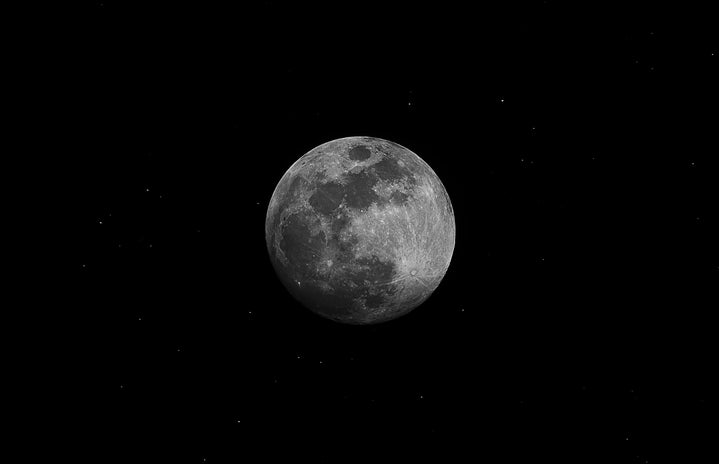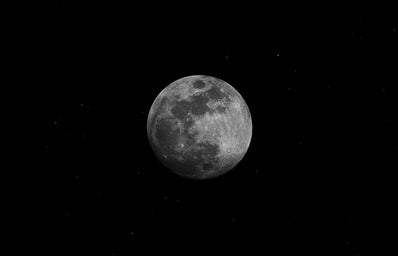Millions of Muslims around the world observe the month of Ramadan, a month full of blessings and important traditions that Muslims engage in. This is a month of celebration, fasting, purifying our hearts, and giving.
Ramadan
Ramadan is a holy month filled with blessings and opportunities to get closer to God and better our character. The word Ramadan originates from a root which means “to be intensely hot.” It is also used to describe rocks which have been heated in the oppressive heat of the desert sun. Many learned scholars say this word was chosen to show that sins are incinerated in the month of Ramadan. I think the meaning behind just the word Ramadan is so beautiful. This is a month to focus on and improve ourselves. No matter what slip ups, wrong doings, and mistakes we have committed in the past, this month provides us the opportunity to make good again. First and foremost, we strengthen our connection with God in realizing we have a great purpose in this life. We reflect on our blessings and inculcate a sense of gratitude towards God. This month also calls for us to be mindful of how we are with others. It is a time to connect with family and friends and be sources of support and kindness.
Tips to Prepare:
- Take just five minutes in your day and put away your phone and any distractions to just look outside into nature.
- Reflect on the beauty in front of you and think about the Creator.
- Just take a few moments to ground yourself and remember your purpose again.
Celebration
Typically, the writing in the media describes Muslims “witness” or “observe” Ramadan. These are very valid terms since “witness” is used in the Quran. Celebration isn’t usually a term people use to describe Ramadan. However, celebration is a word that should be used more often. Celebration has the connotation of joy and happiness. This month truly is a month to celebrate. In Ramadan, the doors of Paradise are opened and good deeds are made easier. Ramadan is a night so precious it outshines an entire lifetime’s worship.
Muslims are celebrating something very special each day. The night before Ramadan begins, everyone is anxiously awaiting the moon sighting to determine the first day of Ramadan. The moon, a creation of God whose light is illuminated by the sun. Just before dawn, families wake up to have the pre-dawn meal, suhoor, to prepare for the day’s fast. And in the day, Muslims abstain from food and water. In the evening, Muslims come together to break their fast. The night is dedicated to prayer and recitation of the Quran. All of this is truly worthy of celebration!
Tips to Prepare:
- Get into the celebration mood by cleaning and decorating — it is a wonderful way to bring the spirit of Ramadan into your home.
- Also, remind yourself that in a month when so much good is possible, there is no room to complain. So, remember to be thankful.
The Quran
This month is also celebrated for the revelation of the holy Quran, a guide book and source of comfort for Muslims throughout the world. I know I am amazed by the wisdom the Quran holds. Muslims aim to do a khatam, or completion of the Quran, by the end of the month. It is truly beautiful to hear these verses being recited in households and Masjids daily and nightly.
Tips to practice:
- Make a plan to read one chapter or a little more to finish the Quran in Ramadan.
- Gather your friends and encourage each other to read a little every day!
Fasting
Ramadan is a month of fasting. Fasting is an ancient act of worship given to us from those before us, so that we can learn to become God-fearing individuals and the best versions of ourselves. Every Muslim of age that is physically and mentally able to fast is obligated to fast. There are some exceptions to who does not need to fast, such as a woman on her period, a person traveling, or a sick person. This is just to show that fasting should not be a burden on us, rather a great opportunity to connect with God.
Spiritually, the purpose of fasting is closeness to God. In fasting, one experiences one’s neediness to God, which opens one’s heart to spiritual understanding. So, fasting during Ramadan is not merely the physical fast from food and drinks, but also from bad deeds and bad habits. It is an act that cleanses one’s mind, body, and soul from the spiritual and physical impurities of this world. It is an act that brings the hearts of Muslims together on a world-wide level as they endeavor to practice the virtue of self-discipline in unison. What is truly amazing is how when we refrain from food and drink, the very necessities of life, we realize we can refrain from our bad habits and bad deeds. Suddenly, not picking up our phone in the morning and staring at it for three hours seems very doable.
Fasting is an act that satiates the hungry soul for its eagerness to please the Lord.
Tips to Prepare
- Fasting an entire day for 15 plus hours might be a huge change, which is why it is a great idea to ease into it.
- The month before Ramadan is Sha’ban, a month full of merits. In this month, Muslims are encouraged to fast because of its many wisdoms.
Tips to Practice
- Fasting can absolutely drain people out, especially when we are working or going to school. That is why it is very important to eat healthy foods during suhoor, the predawn meal, and iftar, the evening meal.
- There are five components you should have in your suhoor: protein, whole grain carbohydrates, healthy fats, fruits and veggies, and of course water!
- During iftar, go by a step by step plan: Break your fast with dates, water, and fruit. Then take a break and pray Maghrib prayer. When coming back, your dinner should consist of half plate of vegetables, a quarter plate of carbs, and a quarter plate of protein.
Hearts
Think about, the number one killer in America is heart disease. What leads to it? A complete neglect of self, diet, and lifestyle. You can also get spiritual heart disease if you neglect your spiritual condition. This spiritual condition to me is pleasing God by embodying virtues of gratitude, patience, and helpfulness. As Muslims, we are called to uphold good character in the way we deal with other people, which is with respect, modesty, and kindness. The diseases of the heart are quite fascinating, and actually, something we engage in even if we don’t think about it. Pay attention to jealousy, arrogance, and ingratitude. This is the time to focus on your character and the way you present yourself to the world around you. Be a source of support and goodness. This also means taking the time to ask for forgiveness from others around you and most importantly, from God most High. This month is a time to have a clean slate.
Tips to prepare and practice:
- An incredible book called the Purification of the Heart: Signs, Symptoms and Cures of the Spiritual Diseases of the Heart is a must read during Ramadan. Each chapter focuses on a disease of the heart, such as miserliness, its causes, and how to cure it.
Charity and Service
I think it is the fact that we experience hunger that humbles us and encourages us to give and help others. Our neediness to food and drink reminds us of people around the world, including those close by in our communities, who are suffering. We may be able to have this big iftar after fasting the day, but there are people, perhaps even neighbors, who don’t have the luxury. That is why being in service to others and giving in charity is such an important principle in Islam. Charity does not decrease wealth, because it is merely a redistribution of what God has blessed you with.
A Reminder
It is important to have these reminders before each Ramadan so we can prepare our bodies, our hearts, and our souls for this blessed month.
Use the weeks leading up to Ramadan to increase your acts of charity, be that in the form of giving money to needy people or worthy causes. These could be anything from sponsoring a Syrian refugee family, to supporting scholars and students of sacred knowledge through SeekersGuidance’s #SpreadLight campaign. Giving charity is a way to purify your wealth, and you can enter the month of Ramadan in a greater state of purity.
Spend some time before Ramadan to find a local charity or community service opportunity to work with, whether it be in an Islamic environment or in the wider community. If you begin well before Ramadan starts, you will adjust to the environment before you begin fasting, so that you can explain to co-workers why you can’t join them for a coffee break or a meal.


